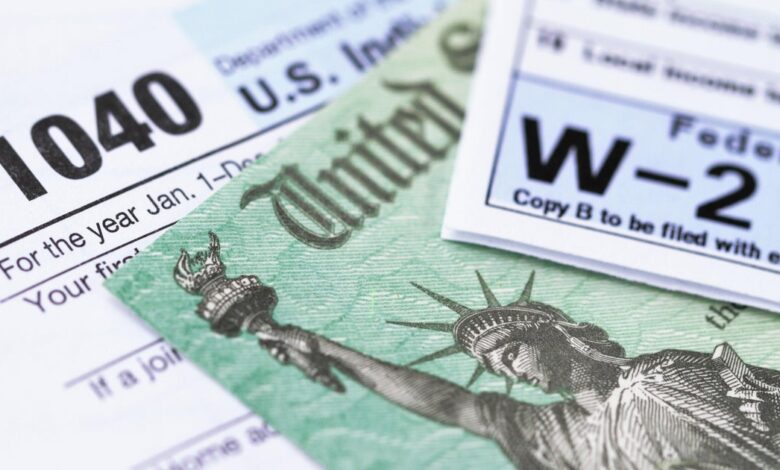House GOP bill proposes a number of new tax cuts. Here’s how that could impact your money.

Trump’s campaign, the bill would eliminate taxes on overtime pay for workers. This provision would also be temporary, applying from the current 2025 tax year through 2028.
This change would provide relief to workers who put in extra hours on the job, allowing them to keep more of their hard-earned money.
Overall, the proposed tax bill includes a range of provisions aimed at providing tax relief to Americans across different income levels. While some of the cuts are temporary and set to expire after a few years, they could still have a significant impact on taxpayers in the near term.
As the bill moves through the legislative process, it is likely to undergo further changes and negotiations. Democratic lawmakers have already raised concerns about the bill’s impact on social programs like Medicaid and food stamps, highlighting the ongoing partisan divide over tax policy in Washington.
With the House GOP aiming to send the bill to the Senate by Memorial Day, the fate of these proposed tax cuts and their potential impact on American households will soon become clearer. Stay tuned for updates on this developing story.
President Trump’s proposed tax plan includes eliminating taxes on eligible workers’ overtime pay for a limited time. The House bill outlines a provision for a deduction for overtime pay from the years 2025 to 2028. This move aims to provide relief to hardworking individuals who put in extra hours to make ends meet.
In addition to the overtime pay deduction, the House bill also includes a provision to allow car loan interest to be deducted. This would enable consumers to deduct up to $10,000 for interest paid on vehicle loans. However, there is an income limit for this deduction, phasing out for taxpayers with a modified adjusted gross income above $100,000 for single filers or $200,000 for married couples. To qualify for the deduction, the vehicles must have been assembled in the U.S.
Just like the overtime pay deduction, the car loan interest deduction would only be in effect from the current 2025 tax year through 2028. This tax break is designed to provide relief to taxpayers who are burdened by high interest payments on their vehicle loans.
Overall, these proposed tax breaks are part of President Trump’s efforts to stimulate economic growth and provide relief to American workers. By eliminating taxes on overtime pay and allowing deductions for car loan interest, the government aims to put more money back into the pockets of hardworking individuals. While these tax breaks are only temporary, they could provide much-needed relief to taxpayers during the specified time frame.
As with any tax proposal, it is important for individuals to stay informed about the potential changes and how they may impact their personal finances. Consulting with a tax professional or financial advisor can help individuals navigate these changes and make informed decisions about their finances.





